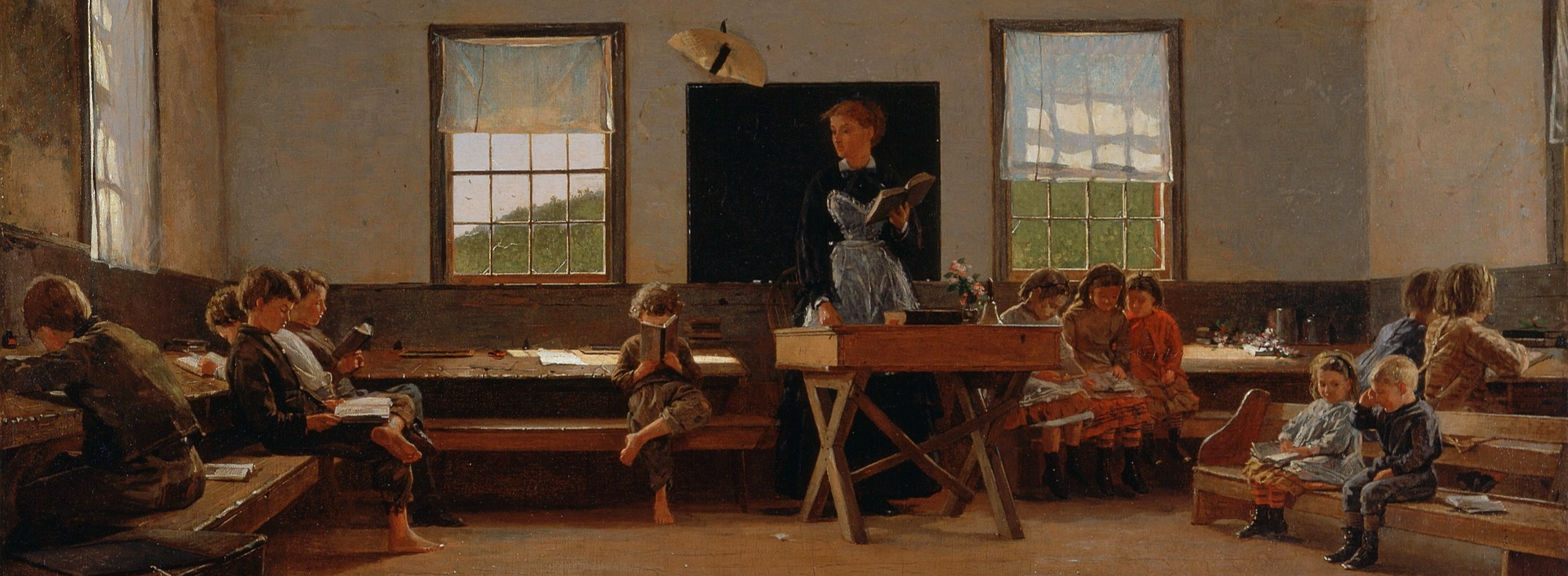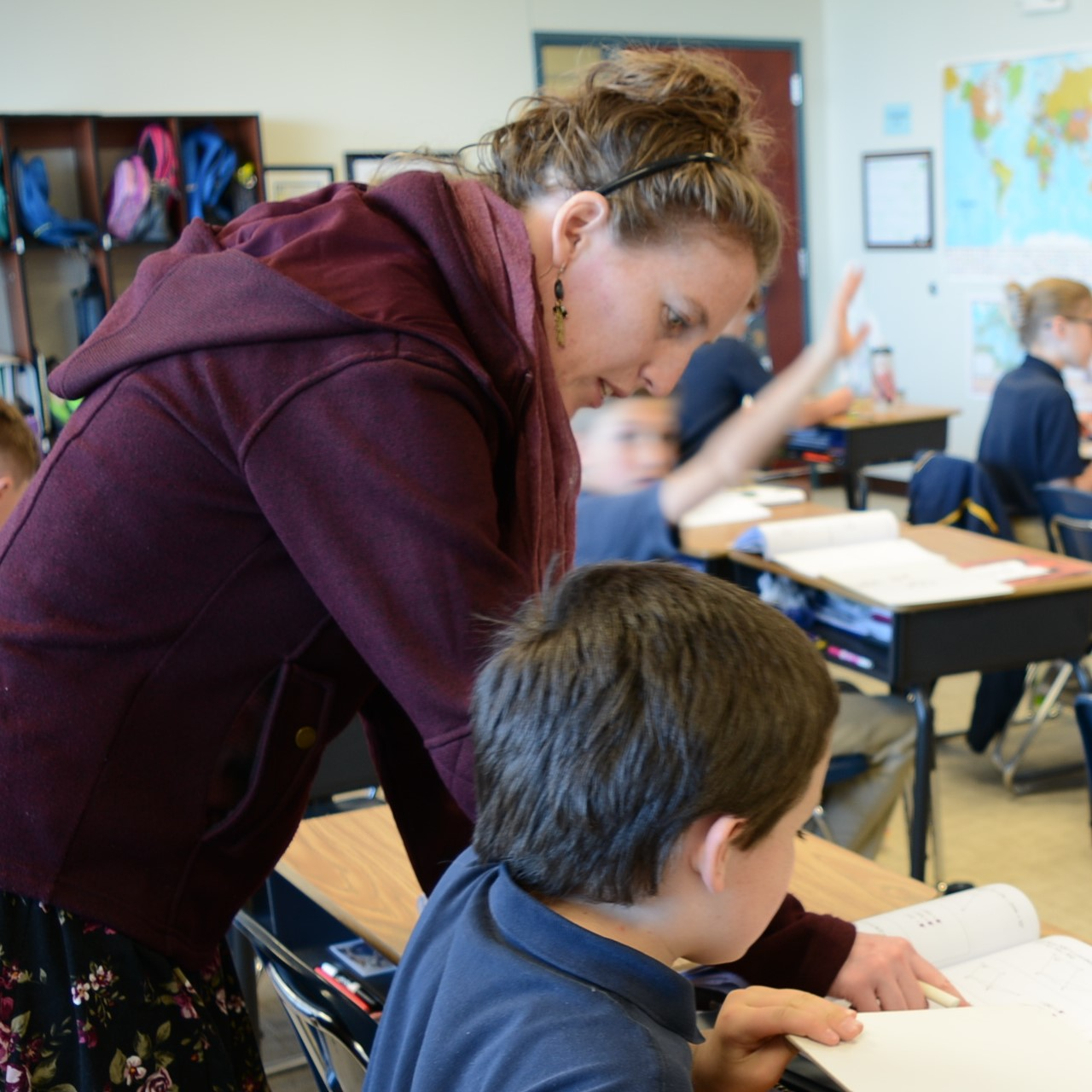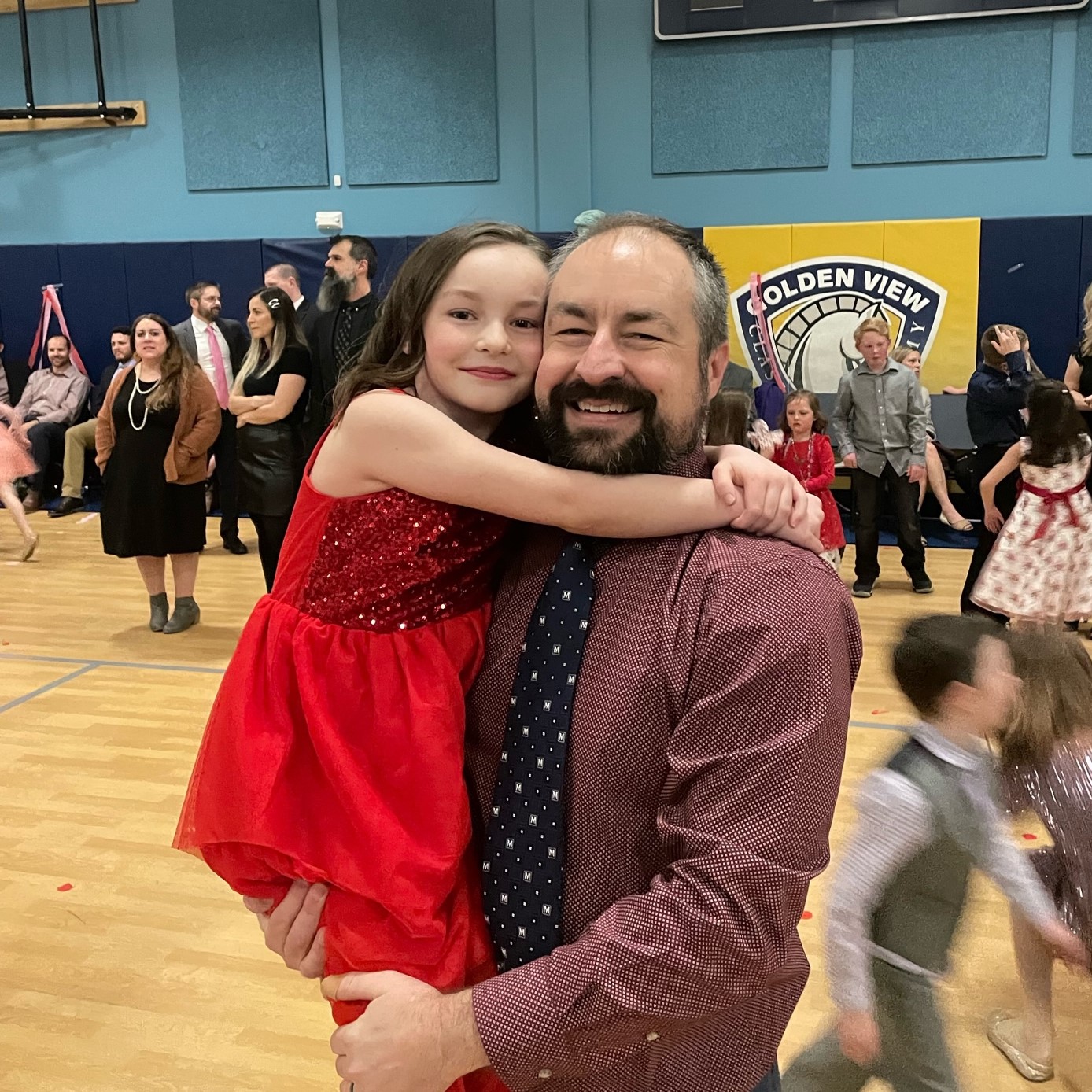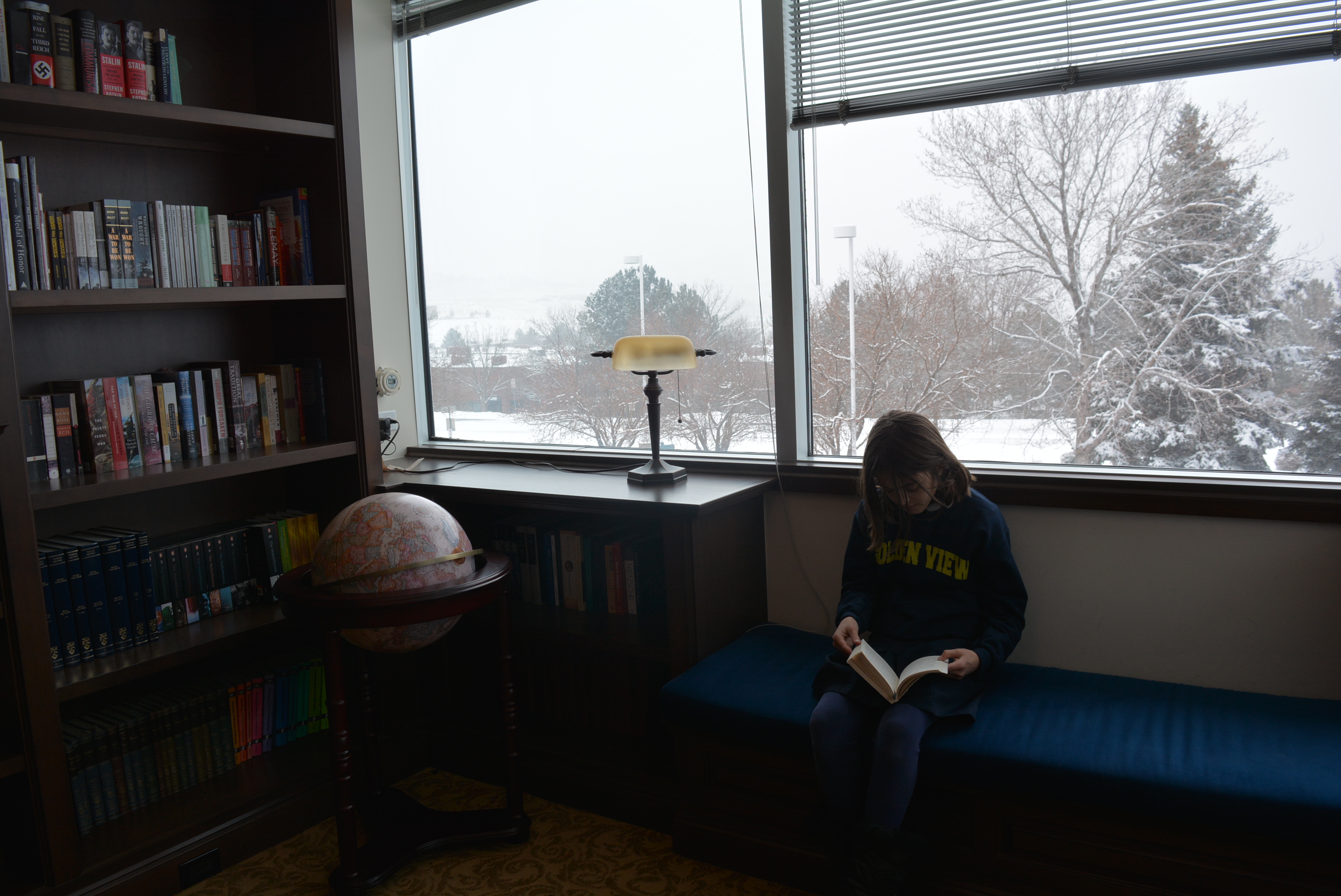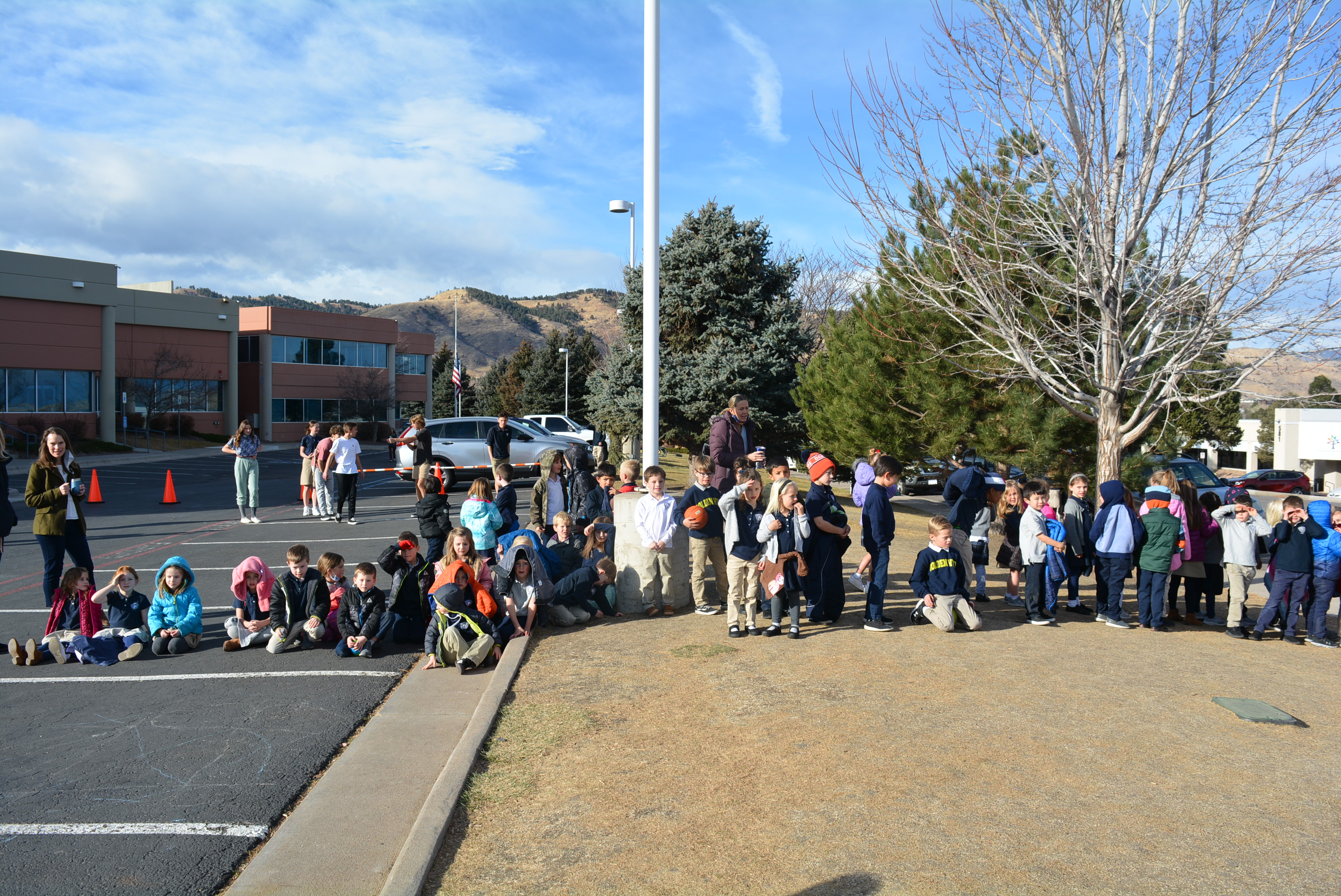February 2022
Dear Friend of Golden View Classical Academy,
Proverbs become proverbial when we think they contain not just a little wisdom, but somehow defining, or even universal wisdom. One such proverb in education is that the school “teaches the whole child.” The words sound nice and can thus be heard everywhere. Nearly every school claims that they don’t just do classes, they “teach the whole child.” To a degree it makes sense - a school ought not focus only on academics, as if students were nothing but a bunch of brains soaking in instruction. But, there is something truly alarming about the claim that schools “teach the whole child.”
I would ask you, when and in what matters is “the whole child” on display? It is not, I don’t think (but reasonable people may disagree) when one comes to us and says “you know, my family is vegan and I think I’m actually a carnivore.” There is an interesting conversation to be had there, perhaps even some health advice (towards carnivorousness, of course). But take another interest that is more central to a child’s being and dignity. Say they come to us and say “you know, my family is Lutheran but I think I’m Jewish.” A school that “teaches the whole child” could engage her in the question, and potentially affirm her belief. The whole child includes everything, from health and diet on the one hand to religious belief, gender identity, and race consciousness on the other, and a school that claims to teach everything about life to that child is saying that it is a total institution.
Commonsensically, we don’t mean schools are totalitarian when we talk about the “whole child,” but I want to offer that the phrase has these overtones and allows for this kind of thinking. A “whole-child” approach could say “you know, you may be Jewish, but you could also be Catholic or Hindu. Have you thought about those? After all, religion isn’t just one or the other and there are a lot of options. We can help you with that. And we don’t need to tell your parents.” If a school teaches the whole child, who is a parent to get in the way?
But in fact, there is only one institution, one place, that teaches the whole child, and that is the family. When we say at Golden View that the family has the right, authority, and responsibility to direct the education of their children, we mean the whole education, on everything, whenever it wants. Schools exist as the creation of families, and while it doesn’t make sense in many cases for families to direct a school’s internal operations, it makes far less sense, in fact no sense at all, to give over to the school the authority over “the whole child.”
A school is obviously more than an academic institution, as its task involves moral education and thus thoughts, actions, habits, and character. The claim here is not that a school should forego that responsibility, but that the responsibility for moral education, one it shares with the family as the senior partner, does not include the core elements of a child’s identity. Those are deeper and involve more intimate conversation than a school is equipped to handle. When a teacher or educator claims that they do have the kind of intimacy to have those conversations, they have overstepped on the right a family has to decide that question itself, essentially usurping their role over the whole child. Again, the family alone fosters the intimacy that makes conversation about such core elements possible and fruitful.
At Golden View Classical Academy we refer to children as students, which narrows our scope, and we teach both their minds and their hearts. But we recognize limits to that task and gladly aim to step off where the whole child begins.
Sincerely,
Dr. Garrow
Principal, Golden View Classical Academy

